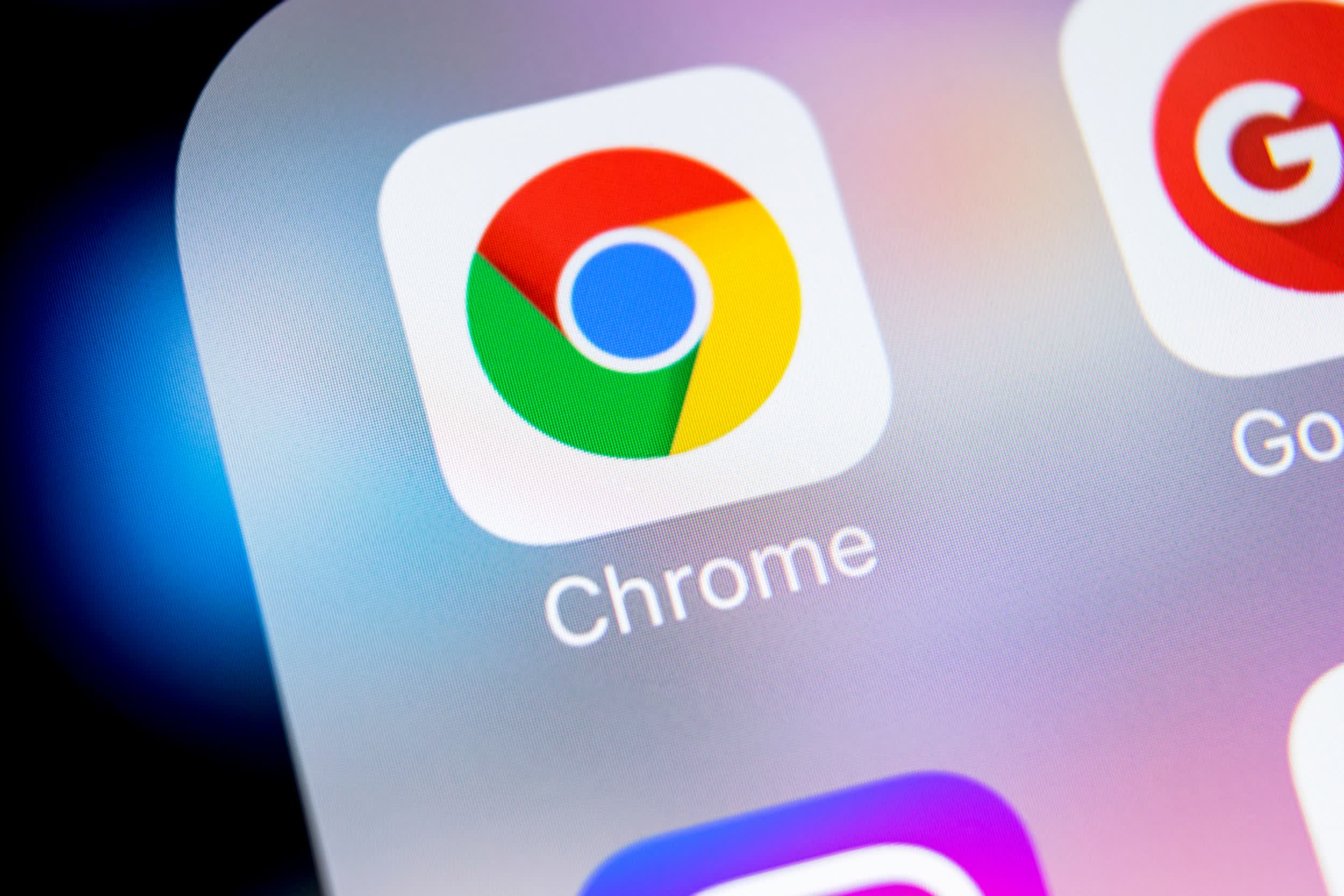Editor's take: This year Google will be conducting a deep dive into its ongoing efforts to enhance the performance of Chrome and it starts now with the release of Chrome 89. Given Chrome's substantial desktop browser market share, it's encouraging to see Google continue to pump resources into Chrome rather than sit on the lead it has built.

The Chrome team notes that it is seeing memory savings of up to 22 percent in Windows in the browser process, up to eight percent in the renderer and up to three percent in the GPU. Browser responsiveness, meanwhile, is up nine percent, and it’s all thanks to PartitionAlloc, Google’s advanced memory allocator.
“Starting in M89, we’ve upgraded Chrome on Android and 64-bit Windows to use PartitionAlloc everywhere (by intercepting malloc),” said Mark Chang, Chrome product manager.
Chrome is also smarter about how it uses and discards memory. For example, the browser can now reclaim up to 100 MiB per tab by discarding memory that the foreground tab isn’t actively using (like after you’ve scrolled past a large image). And on macOS, Chrome’s memory footprint is now smaller on background tabs.
Over on Android, Google leveraged new Play and Android capabilities to repackage the browser, resulting in fewer crashes from resource exhaustion, faster page loads, a five percent improvement in memory usage and faster startup times.
To make the browser start faster on Android, the Chrome team is now using what it calls Freeze-Dried Tabs. These are lightweight versions of your tabs that are similar in size to a screenshot, but they support scrolling, tapping on links and zooming. These load first, while the actual tabs load in the background, so it appears as though pages are loading faster.
The full list of changes in the latest build can be found in the Chrome log.
Masthead courtesy BigTunaOnline
https://www.techspot.com/news/88907-google-details-performance-enhancements-chrome-89.html